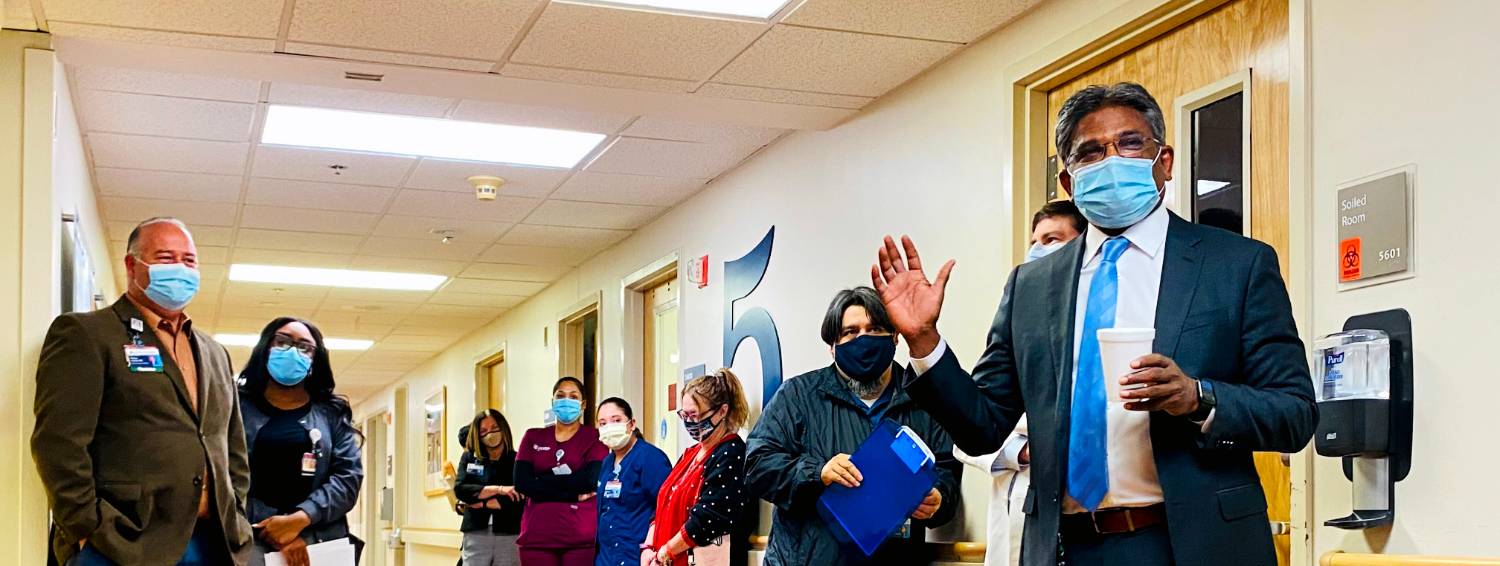
Bone Marrow Transplant: First in the Area
In June 1997, the Medical College of Georgia at Augusta University opened the first autologous stem cell transplantation program in the Augusta area, saving area residents the time and expense of traveling to distant cities for this desirable therapy.
The program has been expanded since then and now includes allogeneic stem cell / bone marrow transplantation.
In stem cell transplantation, the "mother," or stem cells of bone marrow are separated from the patient's blood and frozen to save them from being destroyed by chemotherapy.
These cells produce the key components of blood: red cells that carry oxygen, white cells that are part of the body's immune response and platelets that cause clotting.
High doses of chemotherapy are then administered to destroy rapidly dividing cells found in fast-growing cancers, after which the stem cells are infused back into the patient.
During a bone marrow transplant, a portion of the patient's bone marrow is removed, stored and re-infused after high-dose chemotherapy.
Replenishment of healthy bone marrow takes about four to six weeks. Patients are isolated to protect them from infection and other complications.
However, "stem cells can repopulate the bone marrow in about half the time, which dramatically reduces the risk of complications and speeds up the recovery process.
The Augusta University transplant program is a multidisciplinary program and performs autologous stem cell, allogeneic stem cell and allogeneic bone marrow transplants.
We also have a Pediatric Transplant Program. Transplants are performed for multiple myeloma, Hodgkin's disease, non-Hodgkin's lymphoma, acute myelogenous leukemia, acute lymphoblastic leukemia, chronic myelogenous leukemia and aplastic anemia.